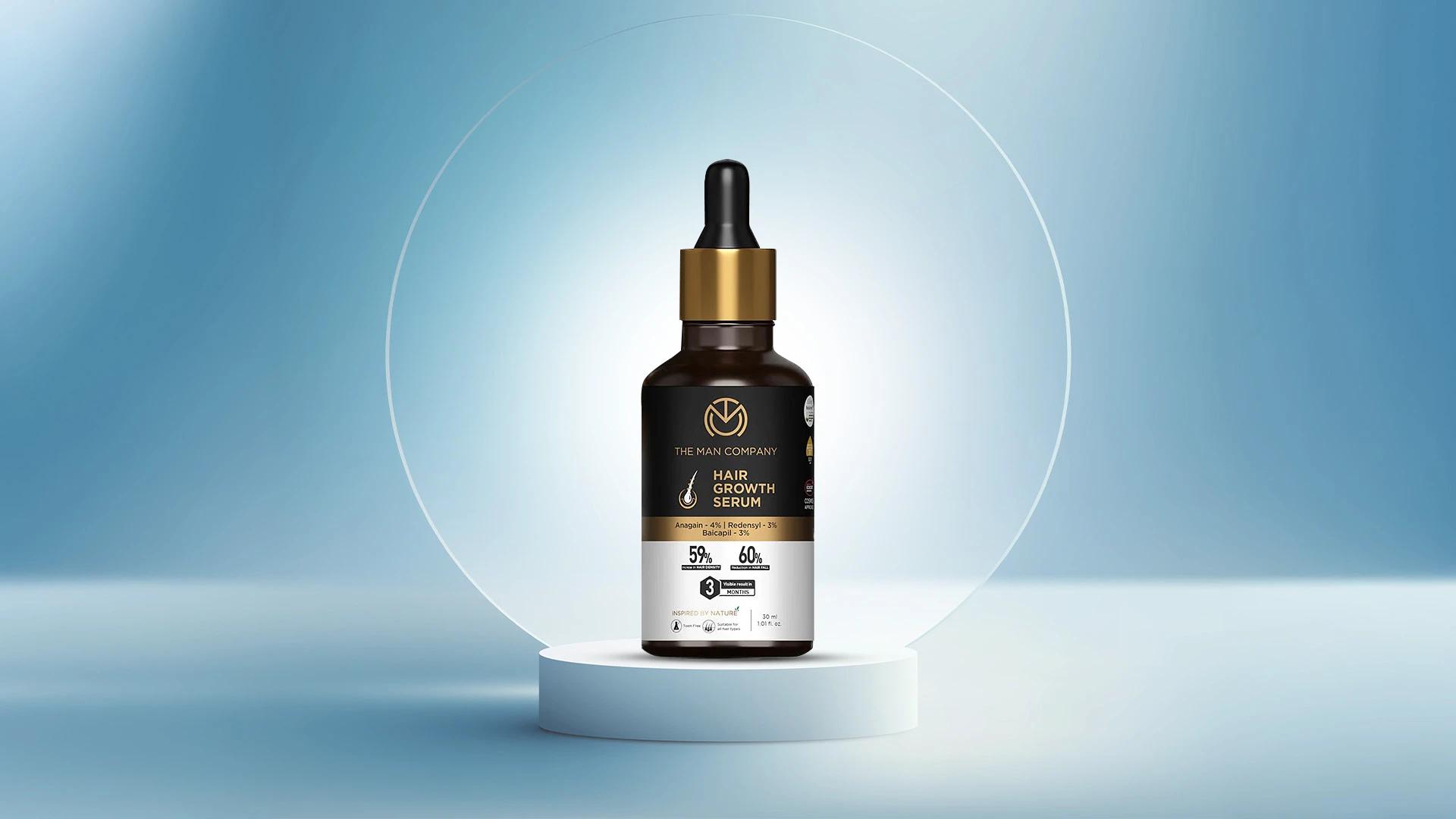Your haircare routine might be solid, but if you've been wondering whether hair serum deserves a spot in your daily regimen, you're not alone. This lightweight wonder has become quite the buzzword in beauty circles, promising everything from frizz control to serious shine. But let's be real—with so many leave-in hair treatments flooding the market, it's hard to know what actually works. Hair serum might just be the game-changer your locks have been waiting for, offering targeted solutions for common hair woes without the heavy feel of traditional oils.
Understanding Hair Serum: What It Is and How It Works
Hair serum is essentially a concentrated formula designed to coat your hair strands with a protective, smoothing layer. Unlike traditional conditioners that work from within, serums create an external barrier that tackles surface-level issues like frizz, dullness, and flyaways. Most serums contain a blend of silicones, natural oils, and active ingredients that work together to seal the hair cuticle—that's the outermost layer of your hair shaft.
The magic happens when these ingredients form a microscopic film around each strand. This coating doesn't just make your hair look shinier; it actually protects against environmental damage, heat styling, and humidity. Think of it as a lightweight shield that keeps your hair looking polished throughout the day. The best part? Unlike heavier treatments, serums absorb quickly and won't leave your hair feeling greasy or weighed down.
The Benefits of Hair Serum: Is It Really Good for Your Hair?
So, is hair serum good for hair? The short answer is yes—when used correctly. The benefits of hair serum extend far beyond just making your hair look pretty. These lightweight formulas can genuinely improve your hair's health and manageability over time. From protecting against daily damage to providing essential moisture, serums offer a practical solution for multiple hair concerns.
Let's dive into the specific ways hair serum can transform your haircare game.
Frizz Control and Smoothness
Frizzy hair happens when moisture penetrates the hair cuticle unevenly, causing strands to swell and become unruly. Hair serum acts like a barrier, preventing excess humidity from wreaking havoc on your carefully styled locks. The smoothing agents in serums help flatten the cuticle, creating a sleeker surface that reflects light better.
Shine and Lustre Enhancement
Dull hair is often just hair with a rough cuticle surface that doesn't reflect light properly. Quality serums contain light-reflecting particles and smoothing agents that create an even surface on your hair strands. This translates to natural-looking shine without the greasy aftermath that some heavy oils can leave behind.
Heat Protection
Most hair serums offer some level of thermal protection, though they shouldn't replace dedicated heat protectants entirely. The silicones and oils in serums create a barrier that helps minimise damage from blow dryers, straighteners, and curling tools. Think of it as an extra layer of defence for your strands.
Nourishment and Hydration
While serums work primarily on the hair's surface, many formulas contain nourishing ingredients that can penetrate the cuticle to provide deeper moisture. Ingredients like argan oil, vitamin E, and various proteins help strengthen hair from within whilst maintaining surface smoothness.


 30 ml
30 ml 100 ml
100 ml 50 ml
50 ml 60 ml
60 ml